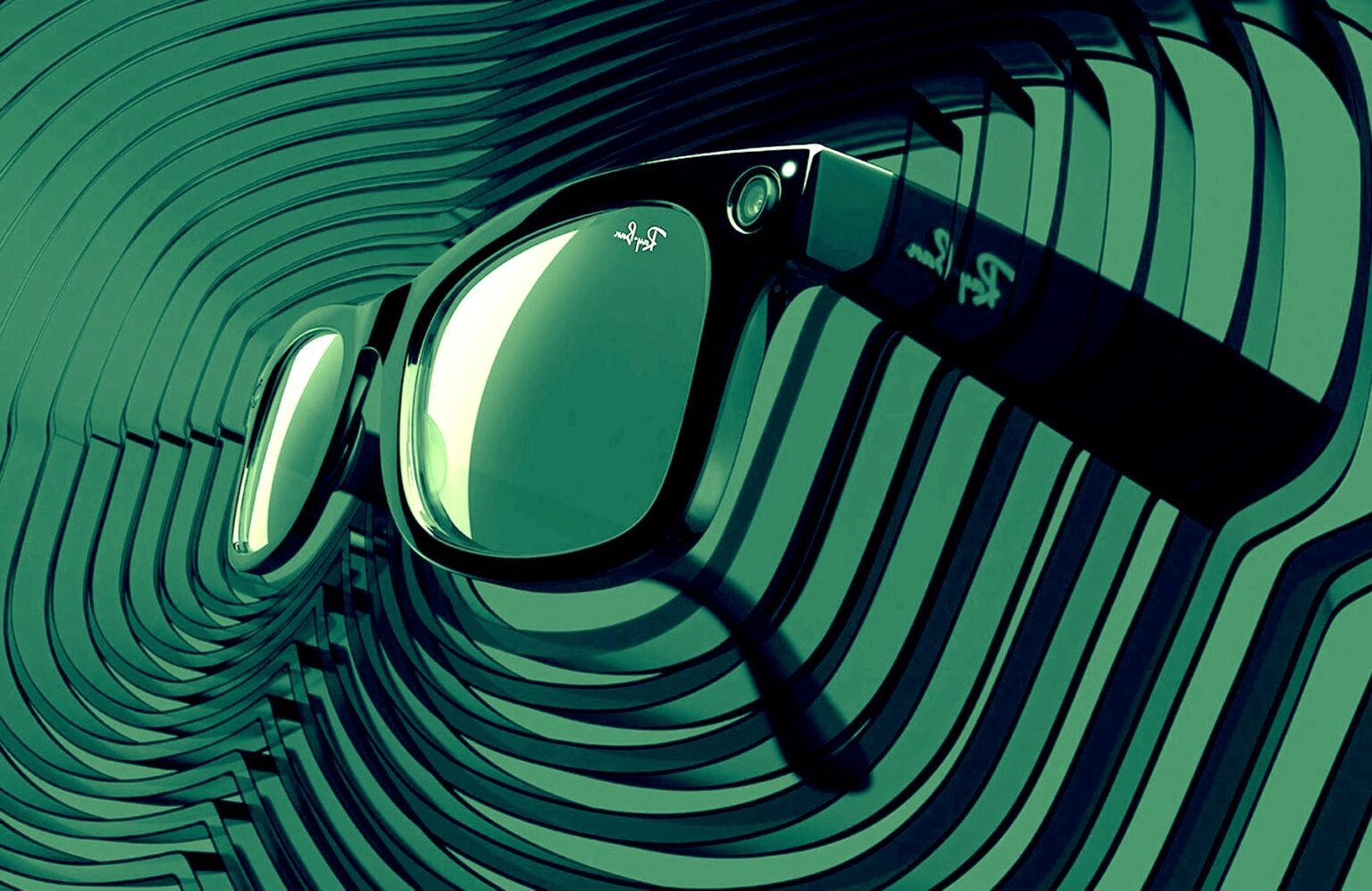In the midst of the metaverse boom, Ray-Ban and Facebook pitch smart glasses.
Facebook and Ray-Ban parent Luxottica are rolling out $299 smart glasses that allow people to capture hands-free images, listen to music and make calls.
Facebook’s smart glasses are now available. Whether or not the fashion crowd embraces them could determine the tech’s trajectory after previous stumbling blocks.

As part of a collaboration with EssilorLuxottica, Ray-Ban developed the smart glasses called Ray-Ban Stories.. Which also produces eyewear for Burberry, Chanel, Prada, and Versace. They are made from three existing Ray-Ban styles and are available as prescription glasses and sunglasses.
Starting at $299, they’re available today. On Ray-website Ban’s and in stores in the United States, Canada, the United Kingdom, Italy, Ireland, and Australia. Their primary functions are to capture and share images and 30-second videos (with sound), as well as to play music and make phone calls. Facebook View saves the recorded content.
It has long been rumored that smart glasses are the next big wearable. However it has proven difficult to get people to wear them in the past, most notably with Google Glass.
Facebook is hoping that with Ray-Ban, it can finally break into an elusive market. As the metaverse becomes more mainstream and people blur the lines between physical and virtual worlds. Facebook and Luxottica’s glasses took a year to develop, and other major tech companies are also betting on smart glasses. Snap, Amazon, and Microsoft have all entered the market, with Apple and TikTok owner Bytedance possibly following suit in the future.
The vision and the challenge
Like Snapchat’s Spectacles, Ray-Ban Stories version one are technically smart glasses, but not AR glasses. Because they have computer functionality but do not overlay digital content on one’s field of view. “We’re working on AR glasses, but while we wait for the technology to catch up, we’re focusing on what we can enable now,” says Facebook product director Monisha Perkash.
The glasses were created by Facebook Reality Labs. Whose mission is to “create tools that will help people feel connected anytime and anywhere,” according to Perkash.
“Rather than technology distracting us and taking us away from the people around us, we want to create a sense of social presence. Having a feeling of being right there with another person and sharing the same space regardless of physical distance.” She declined to discuss future plans.
Metaverse technology raises ethical and legal concerns. Such as whether users can control the digital clothes that others perceive on them without their consent. Perkash did not respond to this or any other challenges. According to LaMeyer, it is still prudent for brands to keep an eye on how technology and usage evolve.
“You should learn and be aware of what’s going on early on, so that when it becomes ubiquitous, you can leverage it right away,” says LaMeyer.









 and then
and then